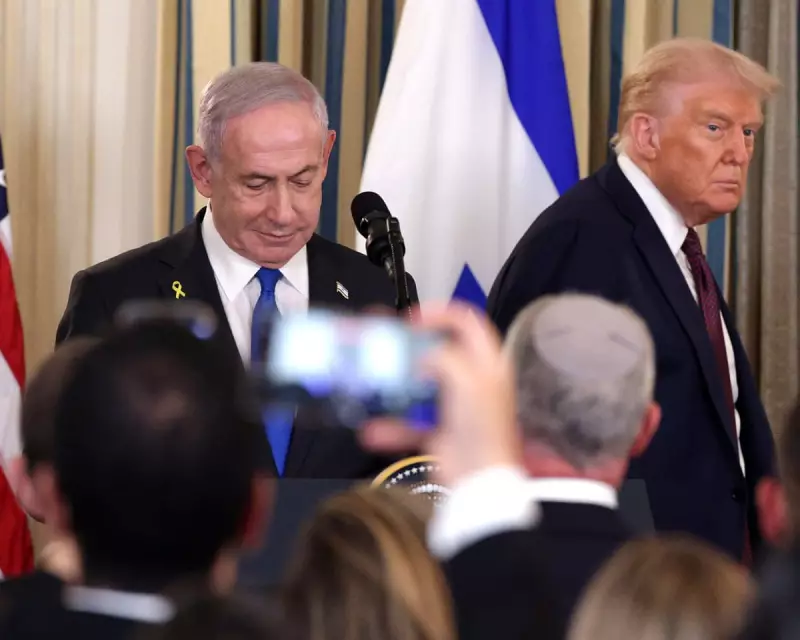
In a dramatic development that could reshape Middle Eastern politics, former US President Donald Trump has secretly met with Israeli Prime Minister Benjamin Netanyahu to discuss a controversial new peace proposal for Gaza.
The Sinai Solution: A Radical Departure
The plan, which has been met with immediate criticism from Palestinian leaders and international observers, proposes establishing a Palestinian state not in the West Bank and Gaza, but primarily in Egypt's Sinai desert. This would represent a fundamental rewriting of decades of peace process orthodoxy.
According to sources familiar with the discussions, the proposal would see Israel maintain security control over the Gaza Strip while Palestinians would be offered statehood in expanded territories within Sinai, with additional land swaps in the Negev desert.
International Backlash and Egyptian Opposition
The revelation has sparked fierce opposition, particularly from Egypt, which has categorically rejected any settlement of Palestinians in Sinai. Egyptian officials have called the proposal a "non-starter" and a violation of national sovereignty.
Palestinian leaders have been equally scathing, with senior officials describing the plan as "fantasy" and warning that it undermines legitimate Palestinian aspirations for statehood based on 1967 borders.
Trump's Comeback Diplomacy
The meeting between Trump and Netanyahu signals the former president's intention to remain a major player in international diplomacy, particularly regarding Israel. Their discussion reportedly covered not only the Gaza situation but also broader regional security concerns and Iran's nuclear programme.
This initiative comes amid growing international pressure for a post-war political solution for Gaza, though most diplomatic efforts have focused on more traditional two-state solutions based on pre-1967 borders with land swaps.
What the Plan Entails
- Israeli security control over Gaza with possible Palestinian civil administration
- Palestinian statehood primarily in Sinai with Negev land swaps
- Major infrastructure investment in new Palestinian territories
- Normalisation of relations between Israel and Arab states
The proposal's emergence has complicated already tense diplomatic efforts to resolve the Gaza conflict, with many experts questioning its political viability given strong Egyptian opposition and Palestinian rejection.
As the 2024 US election approaches, this bold diplomatic move positions Trump as continuing to shape foreign policy despite no longer holding office, while testing the boundaries of what constitutes an acceptable peace framework in one of the world's most intractable conflicts.






